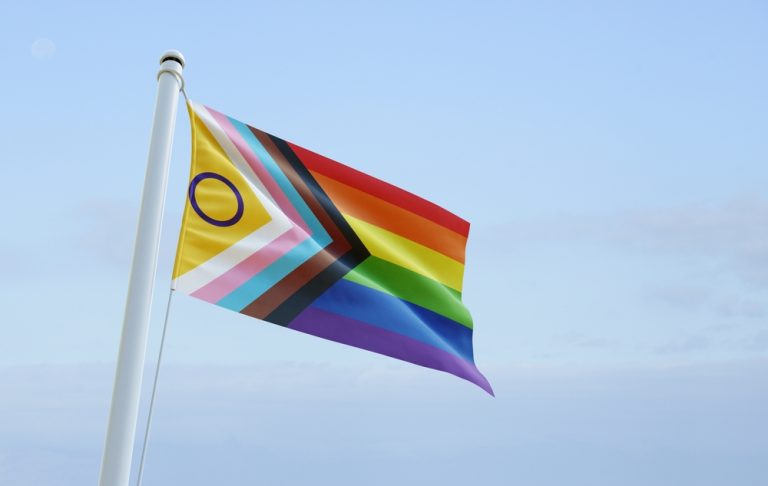Last week, Kathmandu, Nepal hosted the largest LGBTQIA+ event ever held in the country. Over 600 people from across Asia and the world attended the ILGA-Asia conference. Activists, leaders, and experts gathered to discuss how to improve the lives of queer people in the region.
The event took place from February 24 to 28, 2025. ILGA-Asia and Nepal’s Blue Diamond Society (BDS) co-organized the event. The theme of the conference was “Diversity Dynamics: Unifying for a Just, Inclusive, and Sustainable Asia.” The goal was to find better ways to support the LGBTQIA+ community in Asia.
Why the Conference Was Important
This conference arrived at a critical time. The US government is pulling back its support for global human rights, including LGBTQIA+ rights. This shift makes it more important for local groups and activists to unite and create change.
ILGA-Asia explained that the event aimed to address key issues. These included the rights of LGBTQIA+ people, marriage equality, and the struggle for better human rights laws. By bringing people together, the conference gave activists a chance to share ideas and work toward a common goal.
Some Asian countries, like Thailand and Taiwan, have made important progress in recognizing LGBTQIA+ rights. Thailand recently passed laws to allow same-sex marriage. Taiwan was the first country in Asia to legalize it. Nepal has also made strides in transgender rights and temporary marriage registration.
However, many Asian countries still face issues with discrimination. LGBTQIA+ people experience violence and legal challenges. This shows that the fight for change must continue.
Nepal’s Role in LGBTQIA+ Rights
Nepal has become a leader in LGBTQIA+ rights in South Asia. The country has made significant progress in recognizing the rights of sexual and gender minorities. Because of this, Nepal was the perfect place to host this key event.
During the opening session, Nepal’s Minister for Women, Children, and Senior Citizens, Nawal Kishor Sah Sudi, spoke about the government’s commitment to improving LGBTQIA+ rights in the country.
“Everyone has the right to express their identity and sexual orientation,” Sudi said. “They should be free from discrimination and violence. We want to ensure equality for all.”
Manisha Dhakal, Executive Director of the Blue Diamond Society, echoed these thoughts. She highlighted that Nepal’s progress should inspire other countries to take action. “Love is the foundation of our identities and movements,” Dhakal said. “Nepal’s progress should motivate others to follow suit.”
Building Unity for Change
Throughout the conference, speakers emphasized the importance of unity. ILGA-Asia’s Executive Director, Henry Koh, urged people to work together for a better future. “This conference is a chance to share ideas and push for change,” Koh said. “When we unite, we can create a more just and inclusive Asia.”
One key topic discussed was the need to build partnerships. By joining forces, activists and leaders can challenge laws that harm LGBTQIA+ people. They can also advocate for new laws that protect everyone, regardless of sexual orientation or gender identity.
The conference was not just about discussing problems; it also celebrated progress. Dhakal stated that the event was a promise of a better future. “It is about resistance. It is about building what’s possible,” she said.
The Road Ahead
As the conference concluded, attendees were reminded that the work for LGBTQIA+ rights is not over. Many challenges remain. However, the event showed that when people unite, they can achieve positive change.
Hope remains for a better future in Asia. More countries are beginning to recognize LGBTQIA+ rights, and more people are joining the fight. The conference helped build a stronger community of activists and allies, ready to continue pushing for diverse culture progress.
The work is far from finished, but the ILGA-Asia conference in Nepal proved that unity can lead to great results. The energy and momentum from this event will inspire further change across Asia.
For more on this event and the future of LGBTQIA+ rights in Nepal, visit Nepal Monitor.


